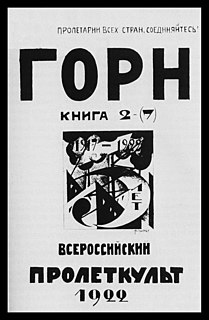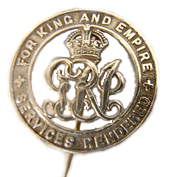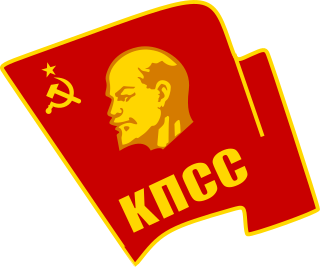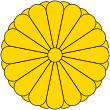
The Independent Labour Party (ILP) was a British political party of the left, established in 1893, when the Liberals appeared reluctant to endorse working-class candidates, representing the interests of the majority. A sitting independent MP and prominent union organiser, Keir Hardie, became its first chairman.
There have been various groups in Canada that have nominated candidates under the label Labour Party or Independent Labour Party or other variations from the 1870s until the 1960s. These were usually local or provincial groups using the Labour Party or Independent Labour Party name, backed by local Labour Councils or individual trade unions. There was an attempt to create a national Canadian Labour Party in the late 1910s and in the 1920s, but these were partly successful. The Communist Party of Canada, formed in 1921/22, fulfilled some of labour's political yearnings from coast to coast, and then the Co-operative Commonwealth Federation - Worker Farmer Socialist" was formed in 1932. With organic ties to the organized labour movement, this was a labour party by definition.

Proletkult, a portmanteau of the Russian words "proletarskaya kultura", was an experimental Soviet artistic institution that arose in conjunction with the Russian Revolution of 1917. This organization, a federation of local cultural societies and avant-garde artists, was most prominent in the visual, literary, and dramatic fields. Proletkult aspired to radically modify existing artistic forms by creating a new, revolutionary working-class aesthetic, which drew its inspiration from the construction of modern industrial society in backward, agrarian Russia.
An independent or nonpartisan politician is an individual politician not affiliated with any political party. There are numerous reasons why someone may stand for office as an independent.

The Silver Badge Party was an unofficial political movement which existed in the United Kingdom during and immediately after World War I. The Party consisted of several groups representing the political interests of former service personnel. It took its name from the Silver War Badge (SWB) that was issued to servicemen who had been invalided out of the forces.
Cambridge University Liberal Association is the student branch of the Liberal Democrats for students at Cambridge University.
The Ukrainian Communist Party was an oppositional political party in Soviet Ukraine, from 1920 until 1925. Its followers were known as Ukapists, from the initials UKP.

Alfred Humphrey Hindmarsh was a New Zealand politician, lawyer and unionist. He died in the 1918 influenza epidemic.

The Liberal Union was a conservative liberal political party in the Netherlands. A major party in its time, the Liberals were one of the historic predecessors of the Liberal State Party, and therefore of the People's Party for Freedom and Democracy.
The Independent Parliamentary Group was a right-wing political organisation in the United Kingdom. It was founded in 1920 by Horatio Bottomley, elected in the 1918 general election as an independent Member of Parliament.
The Darwen by-election, 1943 was a by-election held on 15 December 1943 for the British House of Commons constituency of Darwen in Lancashire.
This article gives an overview of socialism in the Netherlands, including communism and social democracy. It is limited to communist, socialist, and social-democratic parties with substantial support, mainly proved by having had a representation in parliament. The sign ⇒ means a reference to another party in that scheme.

The Communist Party of Ukraine, was the founding and ruling political party of the Ukrainian Soviet Socialist Republic operated as the Ukrainian branch of the Communist Party of the Soviet Union (CPSU). The CPU was the sole governing party was founded in 1918 as the Communist Party (Bolshevik) of Ukraine until 1952, when it became the Communist Party of Ukraine. The party was abolished in 26 August 1991 after the failed Soviet coup.
The Liberal Union was a political party in South Australia resulting from a merger between the Liberal and Democratic Union (LDU) and the two independent conservative parties, the Australasian National League and the Farmers and Producers Political Union (FPPU) as a response to Labor successes culminating in South Australia's first majority government at the 1910 election. The Liberal Union was created in 1910 after the election where the LDU, the ANL and the FPPU endorsed a shared "Liberal" slate of candidates. The parties readily approved the merger, however, the LDU which salvaged the fewest of their principles from the merger were more hesitant. LDU leader Archibald Peake persuaded a party conference that 'the day of the middle party is passed', and approved the merger by just one vote. The Liberal Union lasted until 16 October 1923 when it became the Liberal Federation after merging with the National Party.
The Kōyū Club was a political party in Japan.

Legislative elections to elect the members of the 10th Imperial Council were held in Cisleithania, the northern and western ("Austrian") crown lands of Austria-Hungary, from December 12, 1900 to January 18, 1901.









